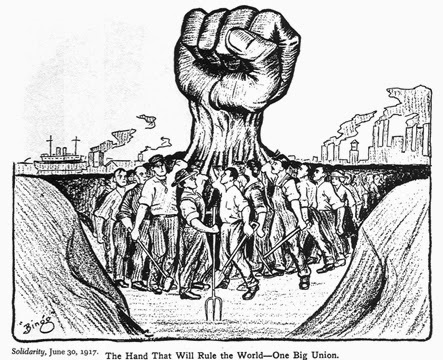This source is a guide by Seeds for Change that discusses how to organize effective direct action. Tactics such as occupying a building, jamming a company’s phone line with calls, breaking machinery, disrupting an event, blocking vehicles, among other direct actions are described. The guide also emphasizes the importance of identifying targets, understanding different types of pressure, and various other planning and logistical steps.
Seeds for Change
Setting Up a Workers’ Co-Op – Seeds for Change (n.d.)
UncategorizedThis document serves as a concise guide for individuals aiming to establish a workers’ cooperative, a democratically run business owned and operated by its employees. It outlines the essential stages involved, from forming an initial group and developing a business plan to navigating legal structures, securing finances, and officially launching the cooperative. Ultimately, setting up and running a workers’ co-op is presented as a form of direct action where people collectively take control of their work lives to create a more just and ecologically conscious way of working.
Anarchic Agreements – Seeds for Change (n.d.)
Uncategorized“Anarchic Agreements” is a guide for social and environmental justice groups seeking to establish internal rules and processes in an empowering way. It was co-written by Seeds for Change and researchers from the Anarchy Rules research project. The text explores crucial areas for “constitutionalising” a group, including defining its purpose, decision-making methods, task management, necessary policies, and strategies for maximizing empowerment.
What is Direct Action? – Seeds for Change (n.d.)
UncategorizedThis document, a guide from Seeds for Change, explores direct action as a means to achieve political goals, contrasting it with indirect methods. It showcases successful examples in Britain, demonstrating how diverse and disruptive tactics like blockades, occupations, and property damage are employed to exert pressure. It highlights key points for effective direct action, including sustained campaigns, clear aims, targeted pressure, identifying leverage, and the importance of organized communities and diverse roles.



